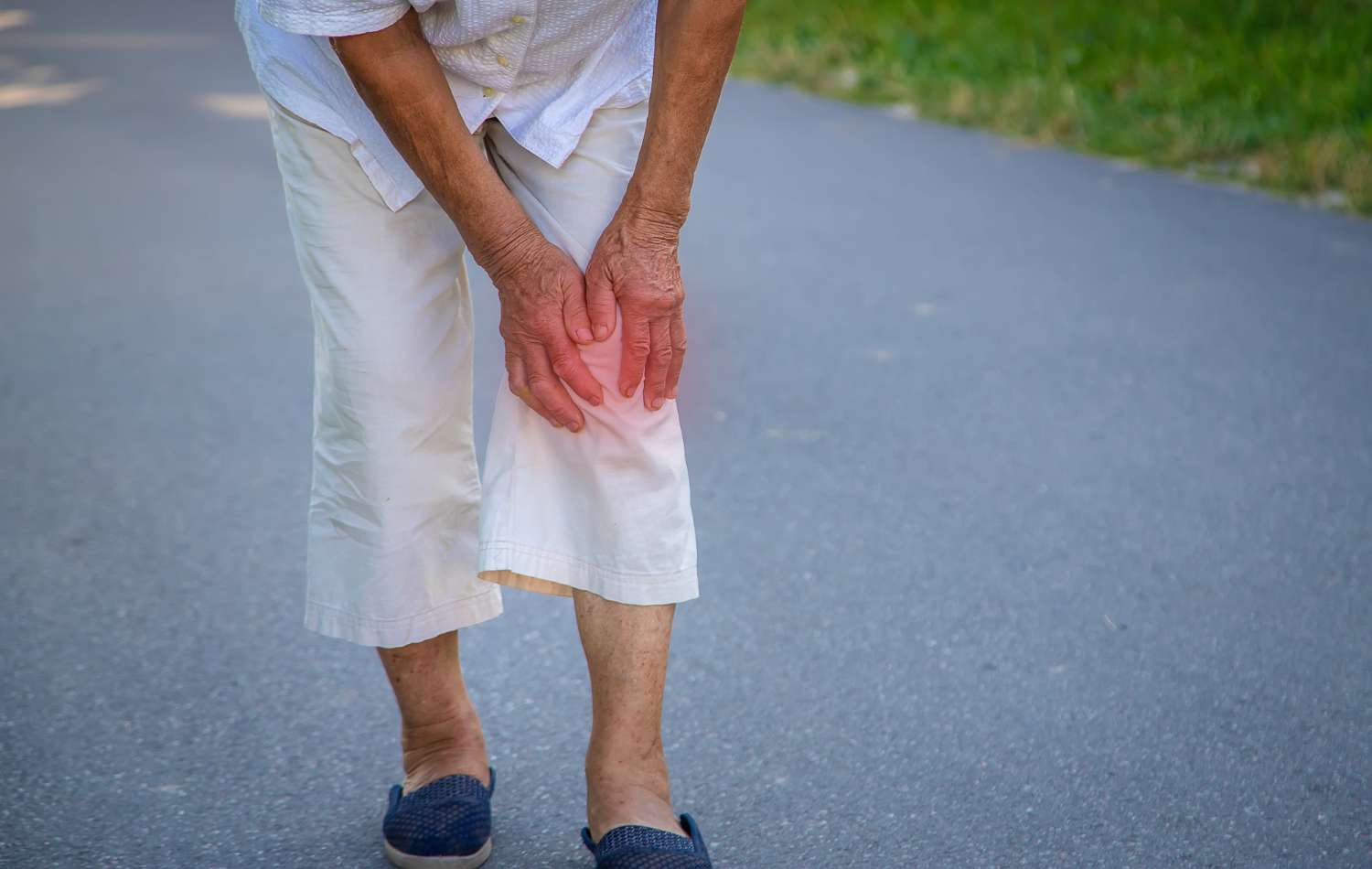Are you one of the many individuals grappling with knee pain? It’s a common complaint, often attributed to various factors like injury, arthritis, or overuse. But have you ever considered the role of the sciatic nerve in this discomfort? Let’s embark on a comprehensive exploration of the relationship between the sciatic nerve and knee pain, delving into causes, symptoms, and management strategies. Specifically, can sciatic nerve cause knee pain?
Can Sciatic Nerve Cause Knee Pain?
The sciatic nerve is renowned as the body’s longest nerve, originating from the lower back and extending through the buttocks and down each leg. When this nerve becomes irritated or compressed, it can lead to a condition known as sciatica. While sciatica typically manifests as pain, numbness, or tingling sensations along the buttocks, thighs, calves, and feet, it’s not uncommon for individuals to experience knee discomfort as well.
Understanding Referred Pain
Referred pain is a fascinating phenomenon wherein pain perceived in one part of the body originates from a different source. In the case of sciatica, irritation or compression of the sciatic nerve can result in pain that radiates down the leg, potentially reaching the knee area. This occurs due to the complex network of nerve fibers and their connections, leading to sensations being felt in areas beyond the direct site of irritation.
The Complexity of Sciatica-Related Knee Pain
Sciatica-related knee pain can manifest in various forms, including:
Aching: Dull, persistent discomfort in the knee region.
Sharp: Intense, stabbing sensations that may worsen with movement.
Burning: A sensation of heat or burning in and around the knee joint.
Tingling/Numbness: Altered sensation, such as pins and needles or numbness, extending to the knee.
Exploring Related Concerns
Can Sciatica Cause Knee Pain and Swelling?
While knee pain is a common symptom of sciatica, swelling in the knee area is less frequently reported. However, localized inflammation due to sciatic nerve irritation can sometimes lead to mild swelling.
Is Sciatica Hereditary?
The hereditary component of sciatica is a subject of debate among researchers. While sciatica itself may not be directly inherited, certain genetic factors can predispose individuals to conditions like herniated discs or spinal abnormalities, which increase the risk of sciatic nerve compression and subsequent pain.
Lower Back and Knee Pain: A Common Connection
Knee pain often has underlying origins in the lower back, particularly when it coexists with sciatica. Conditions such as lumbar disc herniation, spinal stenosis, or degenerative disc disease can exert pressure on the sciatic nerve roots, resulting in both lower back pain and referred discomfort in the knees.
Sharp Burning Pain in Knee: Could It Be Sciatica?
A sharp, burning pain in the knee can indeed be indicative of sciatica, especially if it is accompanied by other classic sciatic symptoms like radiating pain down the leg. However, it’s essential to undergo a thorough evaluation by a healthcare professional to confirm the diagnosis and explore appropriate treatment options.
Is Sciatica Pain Hereditary?
As mentioned earlier, while sciatica itself may not be hereditary, genetic factors can contribute to underlying spinal conditions that predispose individuals to sciatic nerve issues. Understanding your family medical history and addressing any genetic predispositions can be valuable in managing sciatica-related discomfort.
Vitamin Deficiency and Sciatic Nerve Pain
Certain nutritional deficiencies, particularly vitamin B12 deficiency, can exacerbate nerve-related pain, including sciatica. Adequate intake of essential vitamins and nutrients is crucial for maintaining nerve health and reducing the risk of nerve-related discomfort. Incorporating a balanced diet rich in vitamins and minerals can complement other treatment strategies for managing sciatica effectively. This includes addressing the vitamin deficiency that causes sciatic nerve pain.
Management Strategies for Sciatica-Related Knee Pain
Conservative Approaches
Physical Therapy: Targeted exercises and stretches can help alleviate pressure on the sciatic nerve and improve mobility.
Hot/Cold Therapy: Alternating between heat and cold packs can provide temporary relief from pain and inflammation.
Medication: Over-the-counter pain relievers or prescription medications may be prescribed to alleviate sciatic nerve discomfort and associated knee pain.
Interventional Treatments
Epidural Steroid Injections: Administered directly into the affected area, epidural steroid injections can provide temporary relief from inflammation and pain.
Lumbar Decompression: Surgical procedures like discectomy or laminectomy may be recommended in severe cases of sciatica to relieve pressure on the sciatic nerve roots.
Lifestyle Modifications
Posture Correction: Maintaining good posture and ergonomics can help prevent exacerbation of sciatic nerve pain.
Weight Management: Excess weight can contribute to increased pressure on the spine and exacerbate sciatica-related symptoms. Maintaining a healthy weight can alleviate strain on the sciatic nerve.
Regular Exercise: Engaging in low-impact activities like swimming or walking can improve strength and flexibility, reducing the risk of sciatica flare-ups.
Conclusion
In conclusion, while knee pain is often attributed to a myriad of causes, it’s essential to consider the potential involvement of the sciatic nerve, particularly in cases of radiating discomfort down the leg. Understanding the complex interplay between sciatica and knee pain can empower individuals to seek appropriate medical evaluation and explore effective treatment options tailored to their needs. It’s important to ask, Can sciatic nerve cause knee pain?
For comprehensive assessment and management of sciatic nerve-related knee pain, consulting with a qualified healthcare provider is paramount. At the Spine and Pain Clinic Of Texas, our team of specialists is dedicated to providing personalized care and innovative solutions to address your pain management needs. Contact us today to schedule a consultation and embark on your journey towards relief and recovery.
Medical Disclaimer
This article is for informational purposes only and should not be construed as medical advice. Always consult with a qualified healthcare professional for proper diagnosis, treatment, and management of any health-related issues.
Contact Us
If you are experiencing low back pain issues and seeking expert care, the Spine and Pain Clinic of Texas is here to help at +1 (214) 256-3900. Our team of specialists is dedicated to utilizing the latest techniques in spine pain management to create effective, personalized treatment plans. Contact Us to learn more about how we can assist you on your journey to better spinal health.





